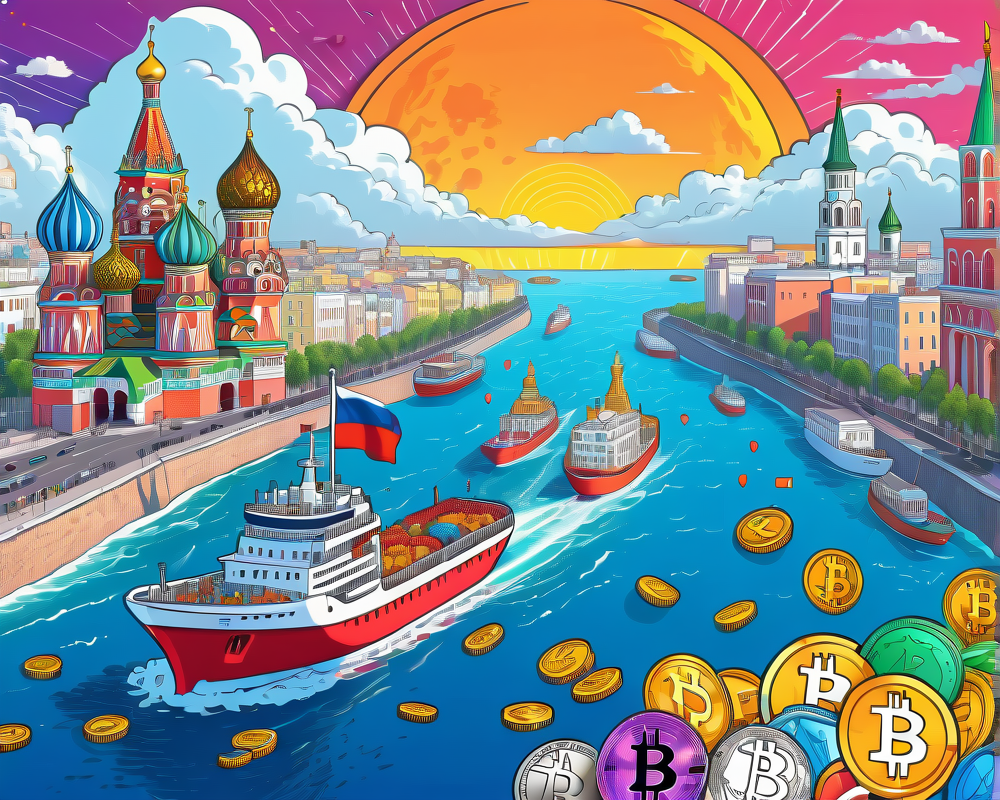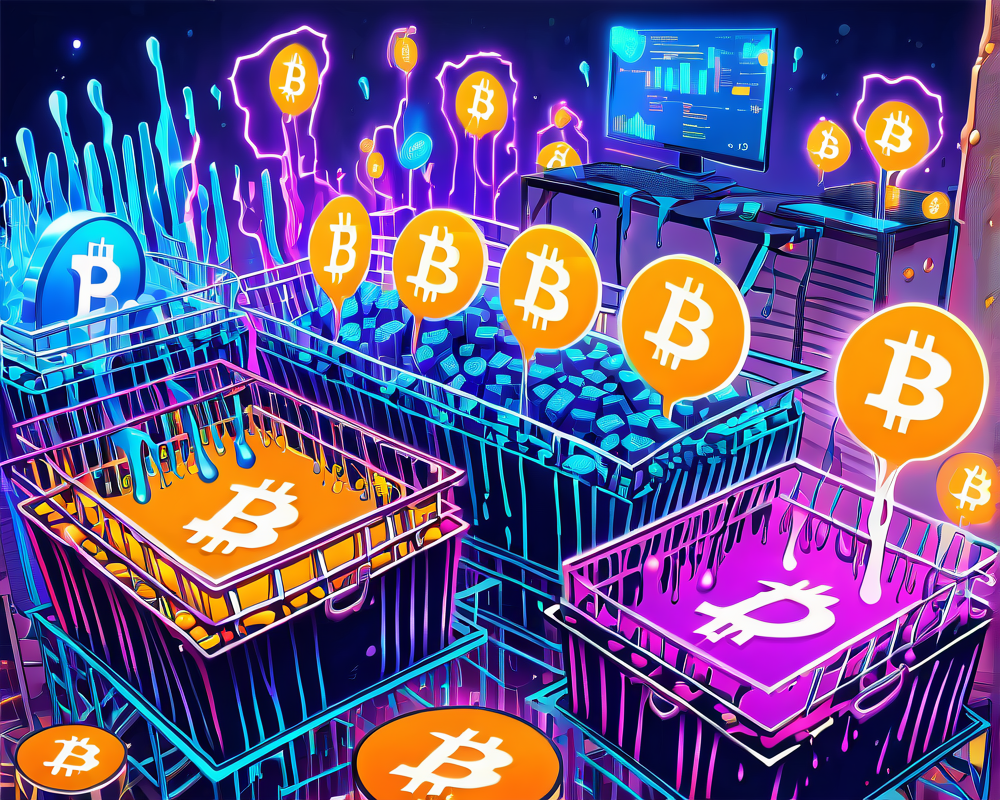CEXs and Sanctions: A Balancing Act
Centralized Exchanges (CEX) like Binance, Coinbase, and Kraken have found themselves in quite a pickle. On one hand, they want to comply with Western sanctions while on the other, they don’t want to pull the rug out from under the feet of everyday users who may just be trying to stay afloat. It’s basically the Goldilocks dilemma of crypto: not too cold, not too hot—just right for users to access their funds.
The Call for Strict Measures
In a rather fiery exchange (no pun intended), Mykhailo Fedorov, Ukraine’s minister of digital transformation, urged all major crypto exchanges to cut off wallet addresses of Russian clients. While this sounds straightforward, the CEXs have expressed restraint, arguing that hurting ordinary citizens is not the solution. They claim that many Russians view cryptocurrency as a lifeline in a swiftly sinking economy. Here’s where the dilemma thickens—who’s getting frozen and who isn’t?
What Coinbase and Kraken Are Saying
Both Coinbase CEO Brian Armstrong and Kraken’s Jesse Powell have made it clear that legal obligations dictate their actions. Armstrong stated, “We believe everyone deserves access to basic financial services unless the law says otherwise.” This is like saying, “Sure, we want to help, but only if Uncle Sam says it’s cool.” Meanwhile, Powell cautioned Russian clients to brace themselves for the possibility of account freezes, as regulations could come knocking any day now.
The Ripple Effect of Sanctions
The sanctions are hitting harder than a toddler throwing a tantrum in a candy store. Binance recently limited the usability of cards tied to sanctioned Russian banks, essentially saying, “Sorry, your card’s not welcome here.” Even unsanctioned Russians are feeling these restrictions. It’s almost as if they’re clutching onto their digital wallets, trying to shield them from the metaphorical rain.
Echoes from Iranian Users
It’s not just the Russians feeling the heat. A Reddit user brought up the plight of Iranian crypto enthusiasts who have faced similar bans. They lamented that their accounts have been locked out of exchanges like Binance for two years. Talk about a long-distance relationship—except in this case, it’s with their crypto assets. They asked, “Are we not innocent?” and honestly, one can’t help but empathize. It’s a tough scene when being guilty by association includes your bank account.
Creative Workarounds
So, is there any way out of this crypto maze? Some exchanges, like KuCoin, are pulling a fast one. Users from Iran can operate without KYC verification, although they’ll face a withdrawal cap of 5 BTC every 24 hours. It’s like saying, “You can go to the buffet, but only take two slices of pizza.” Although let’s be real—the idea of navigating VPNs to access exchanges is essentially creating a digital game of whack-a-mole. Iranians allegedly need crypto to buy VPNs, since fiat payments have been shut down. It’s a mess, but who said the crypto world was ever simple?
Conclusion: A Cloudy Future
The future of crypto accessibility for Russians and Iranians hangs in the balance. While CEXs are walking a tightrope trying to comply with laws and not punish innocent civilians, it’s clear that these sanctions have far-reaching consequences. As the situation evolves, we can only hope that in the midst of these chaotic waters, fair solutions and accessible financial services will prevail.




